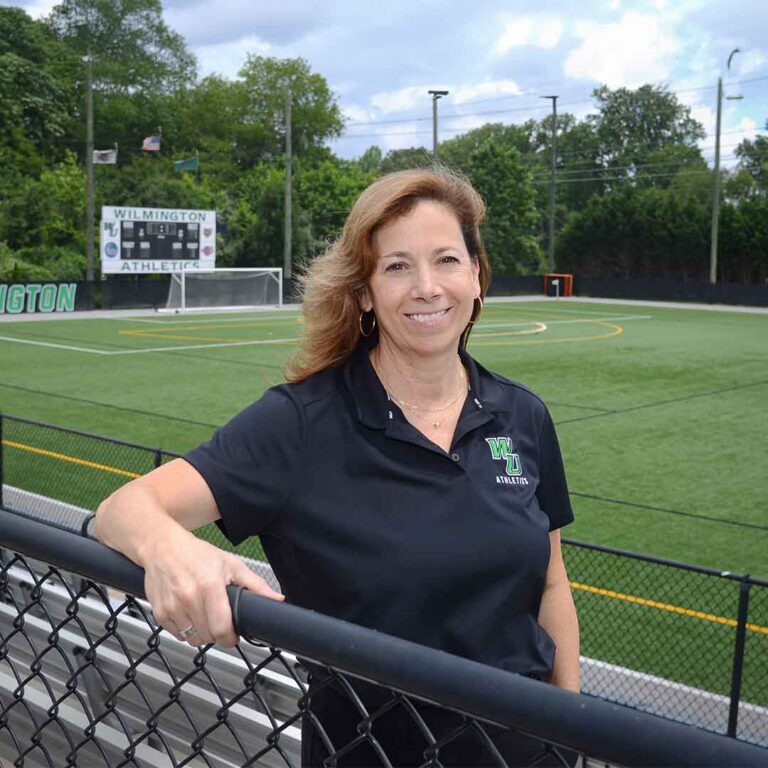Shining a Light through Trauma-Informed Training
Faculty and students in the College of Social and Behavioral Sciences are giving social services staffers the tools and techniques they need to help clients through trauma-informed training workforce development.

Faculty and students in the College of Social and Behavioral Sciences are giving social services staffers the tools and techniques they need to help clients through trauma-informed training workforce development.
For the past two years, they have worked at nonprofit agencies, state agencies, community centers, early childhood centers and private schools, says Dr. Debra L. Berke, director of Psychology programs.
In a trauma-informed approach, the perspective is shifted. The question is not “What is wrong with you?” Rather, it’s “What happened to you?”
“Brain science is now showing that significant developments in early childhood have an impact on our thought processes, how we manage our emotions and interact in our lives,” Dr. Berke says. “For example, if we know what events led to a person becoming homeless, we are better equipped to help them make positive changes.”
The training also emphasizes self care for staff members.
“If you don’t take care of yourself, it is difficult to take care of others,” Dr. Berke says.
In keeping with Wilmington University’s commitment to making a difference in the community, the college works collaboratively, including a partnership with Children and Families First, a resource for kids and parents facing adversity. The college also offers on-site trainings at WilmU and a Trauma-Informed Approaches certificate for undergraduate students.
“People are hungry for this kind of training,” she says. “They go away excited and energized.”



